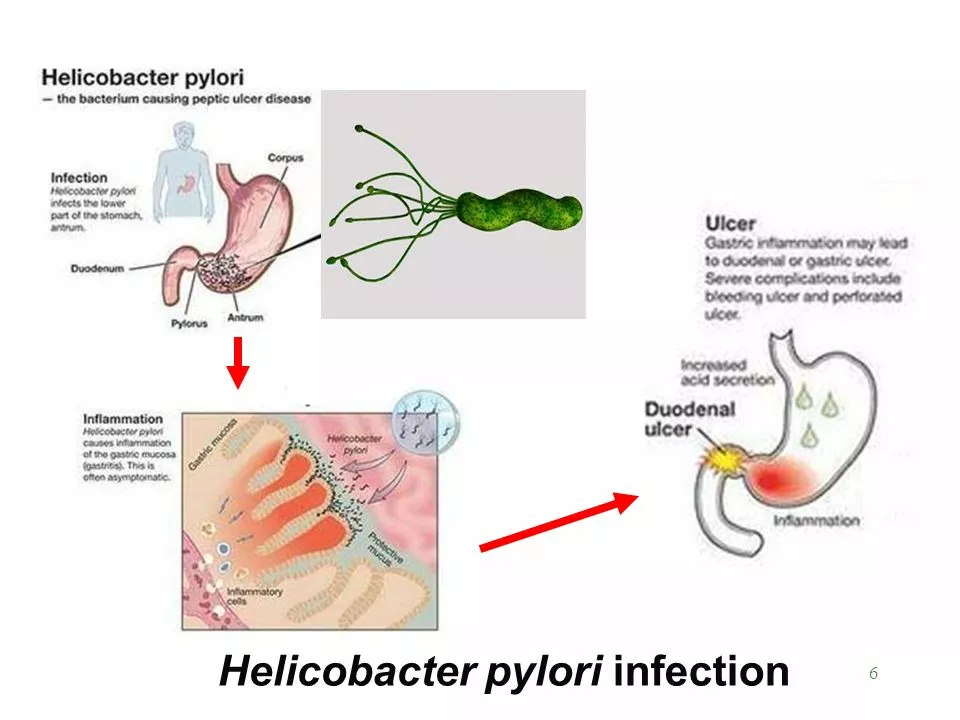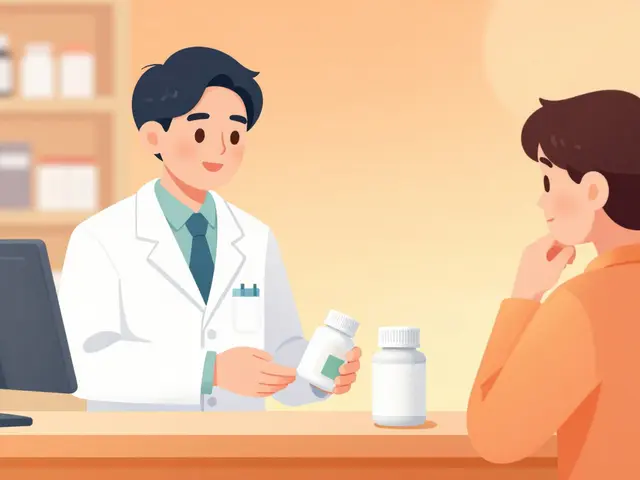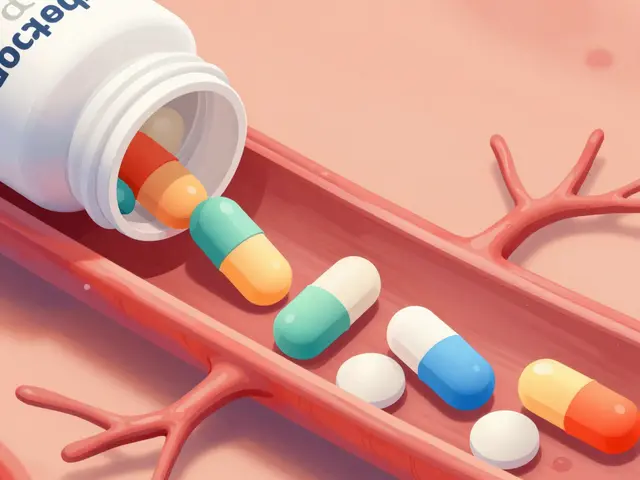Infection: Practical guides for viral, bacterial and fungal problems
Fungal and antiviral issues are changing fast — climate shifts, resistance and new drugs matter. This tag gathers clear, useful articles so you can spot problems, weigh treatment options, and find safe ways to get medicine online without getting scammed.
If you clicked here because you're worried about an infection, start with basics: is it likely viral, bacterial or fungal? Viral infections (cold sores, shingles) often need antivirals like valacyclovir. Fungal problems can require drugs like fluconazole, but some cases need alternatives — check our "Fluconazole Alternatives" post. Bacterial infections often need antibiotics, which your clinician should pick for you.
Quick steps if you suspect an infection
Don't panic. Try this plan: watch symptoms for 24–48 hours, note fever or spreading redness, and take pictures of rashes or sores. If symptoms worsen, high fever appears, breathing gets hard, or you see rapid spread, get medical care fast. For recurring or stubborn infections, bring your medication history and any photos to the clinic — that helps diagnosis.
For fungal infections that won't quit, our pieces on antifungal options and climate-driven fungal risks are useful. If cost is an issue, the Valacyclovir Cost article shows where savings can be found. And if you’re deciding between treatments, the Fluconazole Alternatives piece gives clear pros and cons for seven options.
How to buy meds safely and what to watch for
Online pharmacies are convenient but risky. Look for accreditation, a physical address, and verified reviews. Our CanPharm.com safety review explains what to check. Other posts — about buying Toradol, Temazepam, or Xenical — list red flags like no prescription required, suspiciously low prices, or forced prepaid crypto payments.
Always verify the pharmacy accepts secure payment, requires a prescription when the drug should have one, and ships with tracking. If a site pressures you with unrealistic discounts or “miracle” cures, close the tab. For controlled substances or sleep meds, stick to a local pharmacy or a telehealth service that issues prescriptions after a proper consult.
Prevention matters: washing hands, keeping wounds clean, managing chronic conditions (diabetes, immune problems), and getting recommended vaccines cut infection risk. For respiratory and lung support, natural supplements like wild thyme or plantain are covered in our posts — think of them as supportive, not replacements for prescribed care.
Want more? Scan the linked articles in this tag for specific drug guides, cost-saving tips, and safety checks. When in doubt, talk to your clinician — online info helps you ask better questions, but it shouldn't replace professional advice.
I recently came across some fascinating research that showed a connection between ulcers and a bacteria called Helicobacter pylori. It turns out that this bacteria is responsible for a majority of stomach ulcers, contrary to the popular belief that stress and spicy food cause them. H. pylori infection can be treated with antibiotics, which can help heal the ulcers and prevent their recurrence. I'm relieved to know that this new understanding of ulcers can lead to more effective treatments for those who suffer from them. It's amazing how medical science continues to uncover new information and improve our lives!



